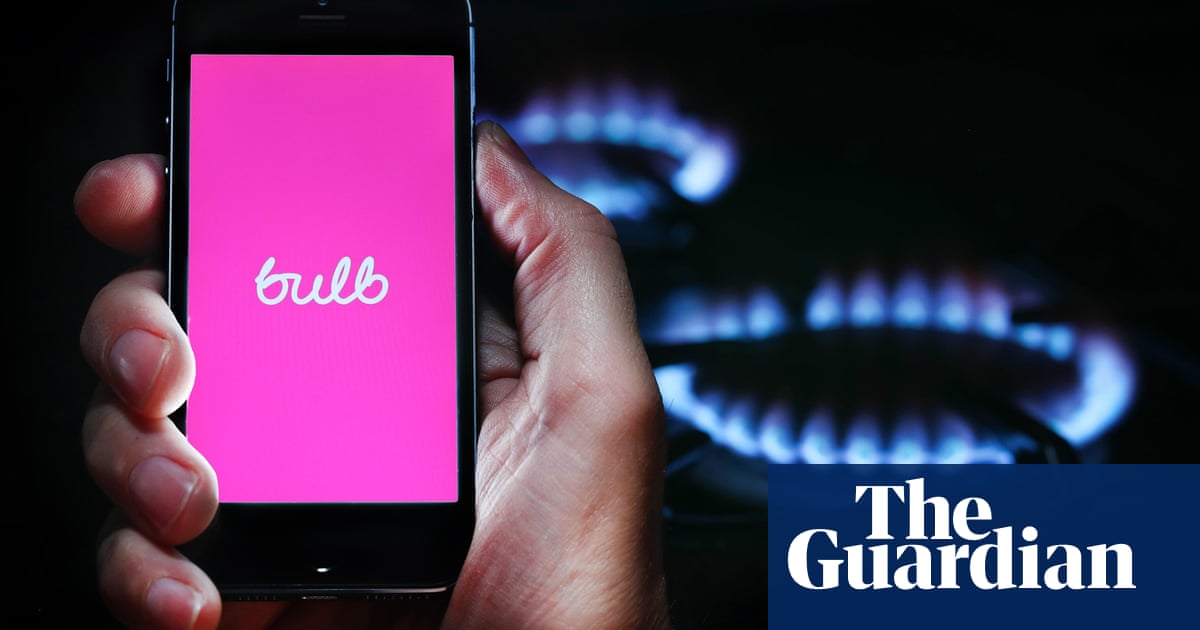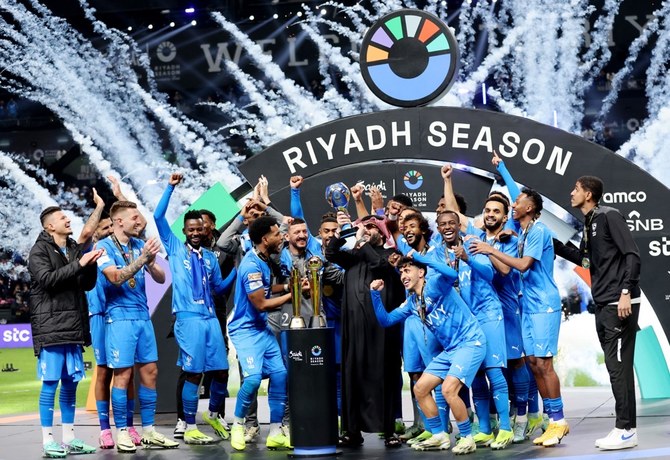
The most prominent confrontation will be in the Beirut II constituency, where nine electoral lists are competing.
Hezbollah has altered its campaign rhetoric from a focus on the military to providing health and old-age benefits, improving education, supporting the Lebanese University, and improving economic and financial policies.
BEIRUT: Lebanon’s new proportional representation electoral system has created a long-awaited opportunity for opponents of Prime Minister Saad Hariri. It gives them a chance to confront him and reject what they consider “the Future Movement’s monopoly over Sunni representation.”
The most prominent clash will be in the Beirut II constituency, where nine electoral lists are competing — the largest number in the country.
The confrontation is a political one, reflected in the campaign speeches of Hariri and his Hezbollah opponents. These did not focus on who will win, but on who will have a majority of seats and influence domestic political decisions as well as Lebanon’s status in the region. They also ruled out any political alliance between the two sides — but they will be forced into “political cohabitation” in the cabinet.
Hezbollah Deputy Secretary-General Naim Qassem spoke about the identities of those who he thinks will head the parliament and the government. He has decided that Nabih Berri will return as speaker, and declared that “it isn’t necessary for the head of the government to have a large parliamentary bloc or even be a member of parliament.”
His speech suggested that Hezbollah would enter the new era with strong influence regardless of the results at the ballot box.
It seems Hezbollah is also hinting at amending the agreement that made Free Patriotic Movement (FPM) founder Michel Aoun president in exchange for installing Hariri as prime minister. One of Hezbollah’s main conditions is that the new government’s ministerial agenda does not include anything that could affect the role and fate of the resistance.
Former MP Mustafa Alloush, a member of the Future Movement’s political office, said Hezbollah is seizing every opportunity to prevent Hariri’s return to the premiership.
“I believe the presidential settlement will continue if Hariri wins an influential parliamentary bloc in alliance with FPM,” he said. “Hezbollah may seek to unite with all other blocs to face the Future Movement — consensus here becomes an expression of the balance of power.
“The balance may be negative and capable of destroying everything, or it could be positive through which the government can be run and arms control can be imposed, but this cannot change unless the region’s situation is changed.”
In contrast, Hariri’s speech focused on “Lebanon first,” the country’s Arab identity, and the necessity of “an influential bloc in the parliament to be able to hold dialogue with all political parties.”
“Hezbollah cannot cancel me and I cannot cancel Hezbollah,” said Hariri. “I cannot accept their regional strategy nor can they accept mine, but why should the people of Lebanon pay the price? From here rises the importance of the consensus that is being developed under the auspices of the Lebanese president.”
Alloush described Hariri’s words as “a historic speech for ensuring political and security stability, to ensure economic stability and employment opportunities.”
Hezbollah chief Hassan Nasrallah’s speeches suggest the party is worried about a decline in support and public objections to its performance, in terms of losses in Syria and lack of attention to domestic development.
Hezbollah has altered its campaign rhetoric from a focus on the military to providing health and old-age benefits, improving education, supporting the Lebanese University, and improving economic and financial policies, among other promises.
“For the first time, the leader of the Hezbollah militia is trying to make his political rhetoric different than before,” Alloush said. “Nasrallah is forced to discuss developmental issues and corruption because the resistance’s logic and arms can no longer be the sole focus during this stage, because Hezbollah’s community is now criticizing the party’s performance in developmental areas, and Hezbollah has not offered any economic or developmental vision for Lebanon or the areas it influences.”
Political analyst Hussam Itani believes “the political settlement will continue in Lebanon.”
He said: “I don’t believe Hezbollah would want to start an internal political conflict in Lebanon with the Sunni community in light of the current tension between Iran and Israel.”












